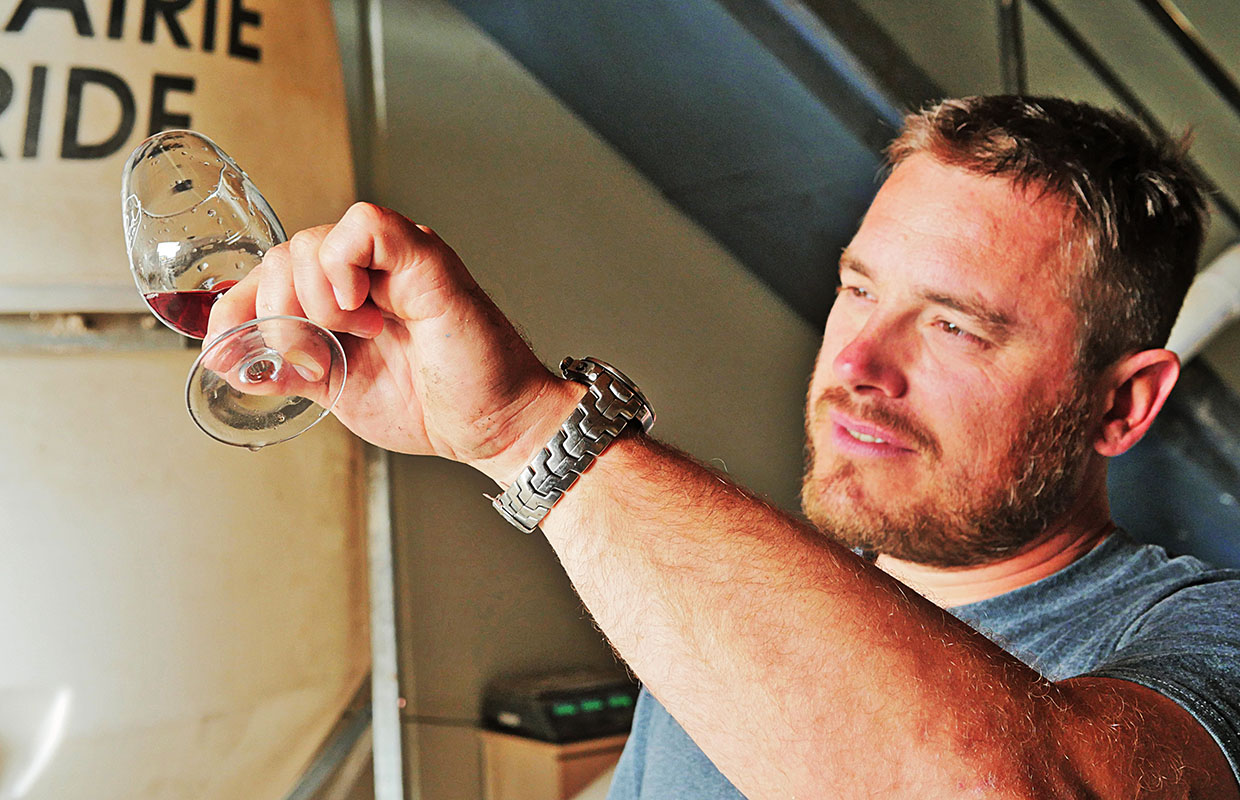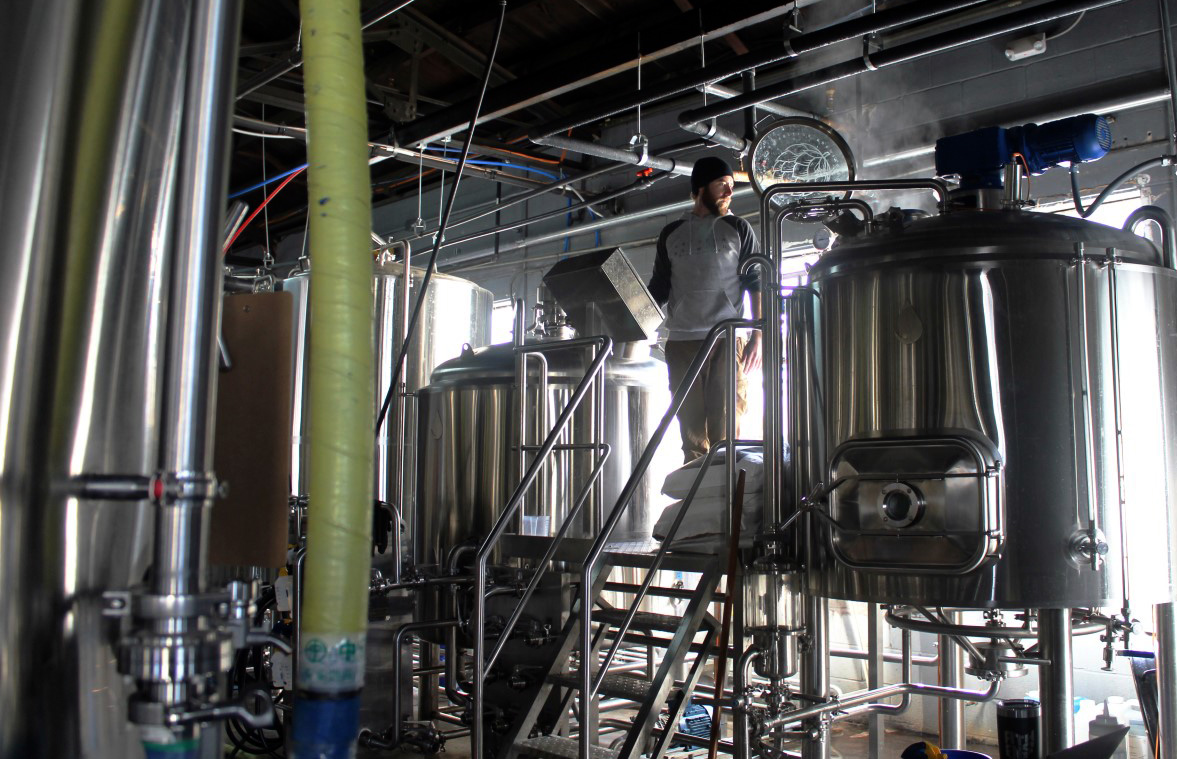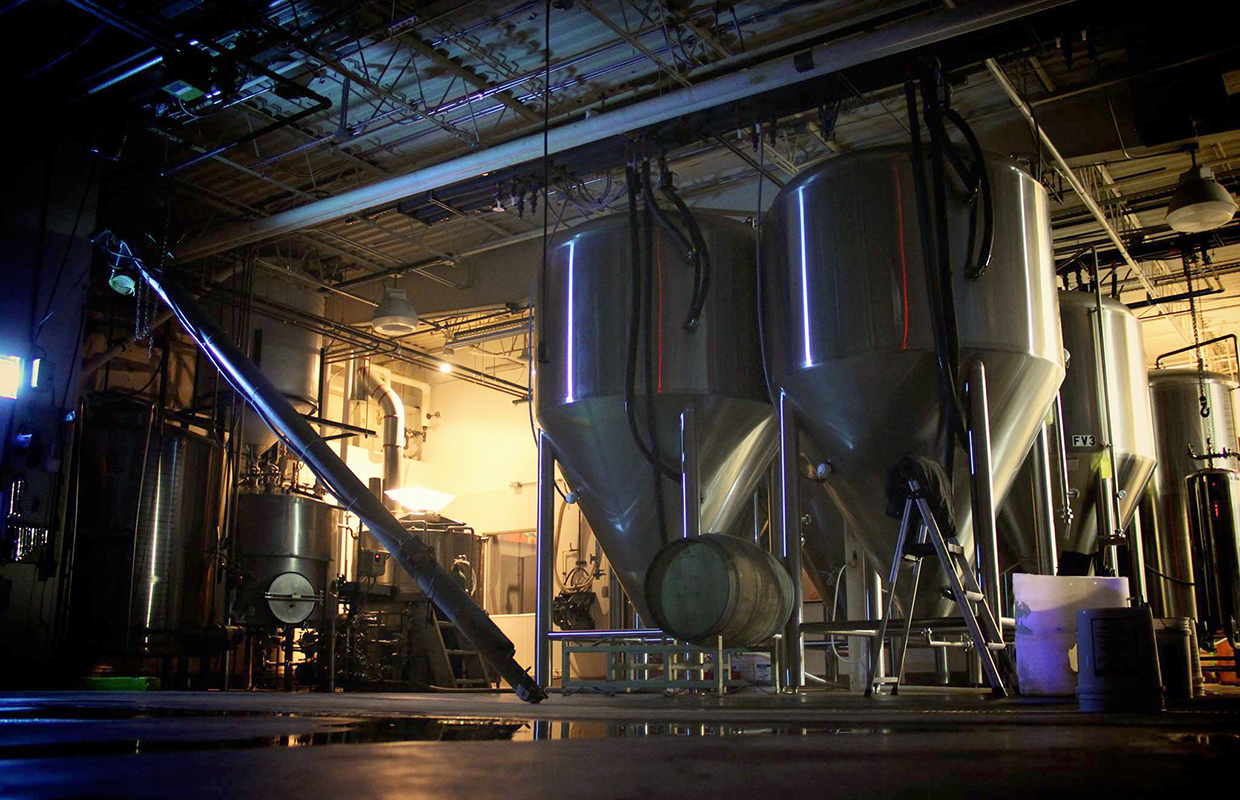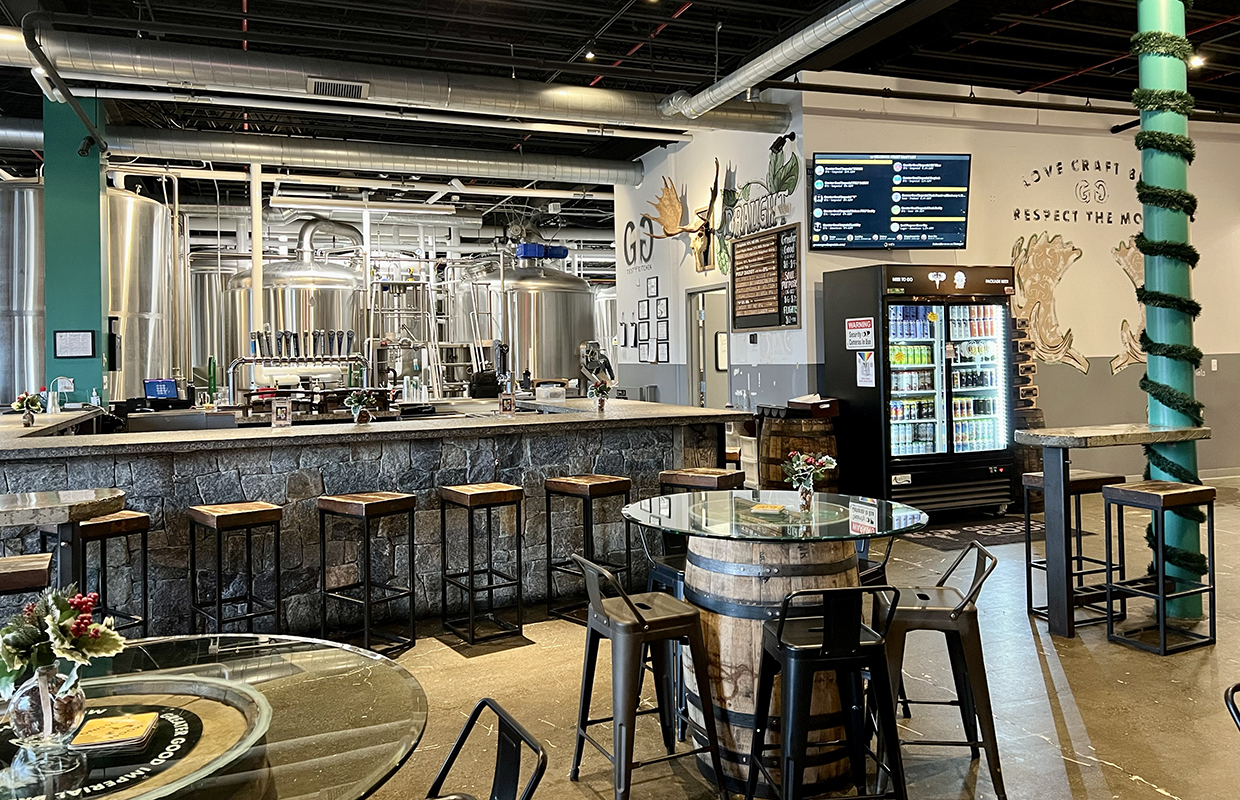
International Insights is a continuing series of Q&As with brewing members, but this time branching outside of the US and into the rest of the world.
In this series, Brewer will share personal insights from international breweries each week about the craft beer market in other countries, where those brewers get their inspiration, and how the market compares to craft beer in the US.
Soren Eriksen, owner/head brewer, 8 Wired Brewing — Warkworth, New Zealand
BREWER: What can you tell me about the history of your brewery? How has your business strategy evolved to help grow and stay competitive?
ERIKSEN: We started the brewery 12 years ago. I had been a homebrewer for a few years and the passion became an obsession, so my wife and I decided to start a brewery. To get some commercial experience I took an entry level job at another small brewery, Renaissance. After a few months we realised that we didn’t have the skill or the capital to start a brewery from scratch, so I joined Renaissance as lead brewer, and in exchange they let me use the brewery when they didn’t need it themselves. Essentially we were contract brewing but I did all the brewing myself. After five years we had both grown to a size where there wasn’t enough room at Renaissance and we started our own production brewery in 2015. I guess that also answers the second question. Our strategy was to not invest heavily in brewing equipment until we were big enough to support it. This means we never had to chase the volume game too much but instead could focus on special and beers.
BREWER: What are the popular beers at your brewery, and how do they compare to the popular styles in your country?
ERIKSEN: We make a wide range of beers but as with most other breweries, overall the IPAs and Pale Ales are the biggest sellers. The single beer we brew the most is our Hippy Berliner though. This is a heavily dry-hopped kettle soured Berliner Weisse that we have brewed since 2015, before that was really a style. Hippy Berliner is sold as it is, but also flavoured with a wide range of fruit and vegetables for special releases. The biggest one of these is Cucumber Hippy, but over the years we have made things like Mandarin, Tangelo, Cascara, Celery Salt, Pomelo and many other varieties of Hippy.
BREWER: Who is your mentor in the industry and why? What have you learned from them?
ERIKSEN: I’m not sure there is a lot of mentoring going on in the NZ brewing industry but it is a very friendly industry where everyone helps each other with advice when needed. So I guess, I’d be talking about peers instead, and these are too many to count.
BREWER: What idea did you or your team come up with lately that has been a big benefit to how your brewery functions?
ERIKSEN: Jeez, too hard to say. There are constant developments within brewhouse operations, packaging, sales and marketing. Nothing major or exciting though, just a natural progression of running a small business.
BREWER: How has COVID-19 affected your country and your brewery, and how have you had to adapt to restrictions and safety concerns while still being able to produce and sell beer?
ERIKSEN: Very minor impact to be honest. NZ has been blessed with an almost entirely COVID-free year, only interrupted by minor outbreaks and lockdowns. We did have a strict five-week lock down in April, 2020, which was challenging. But the government has been very supportive and since then it has been pretty smooth sailing. There have obviously been times where we had to improvise and develop new routes to market but this has only made us stronger.
BREWER: If you had one business strategy that you could implement to better the brewing industry in your country, what would it be?
ERIKSEN: I think the main thing that is lacking is better distribution channels, cold chains etc. NZ is a fairly large country with a sparse population so shipping around the country can be expensive and slow.






Be the first to comment